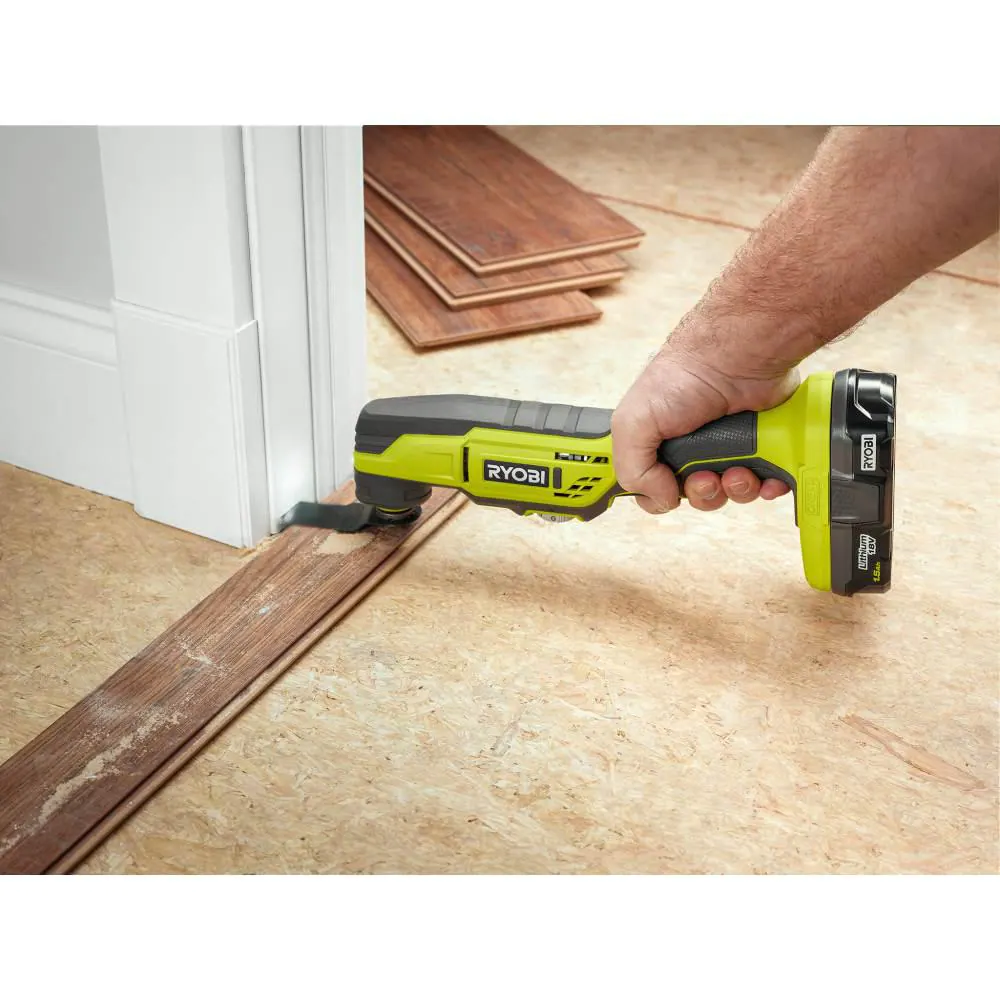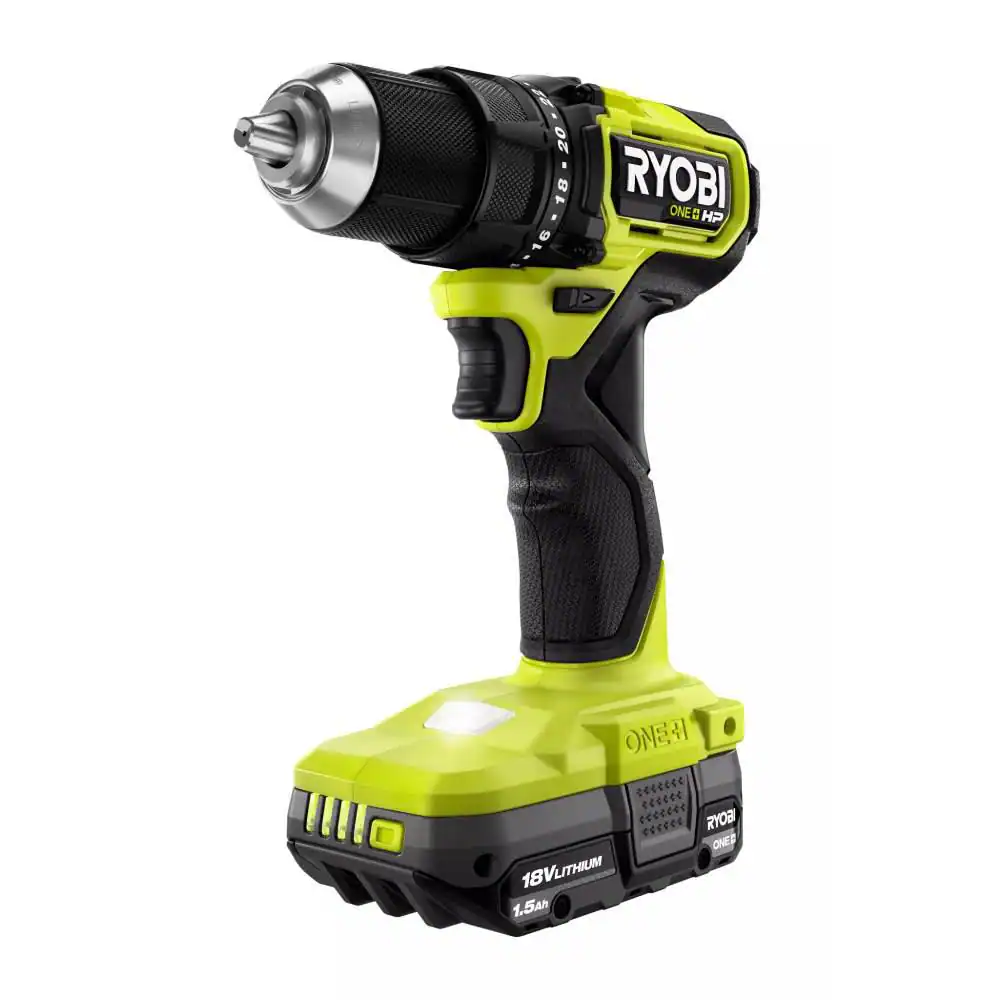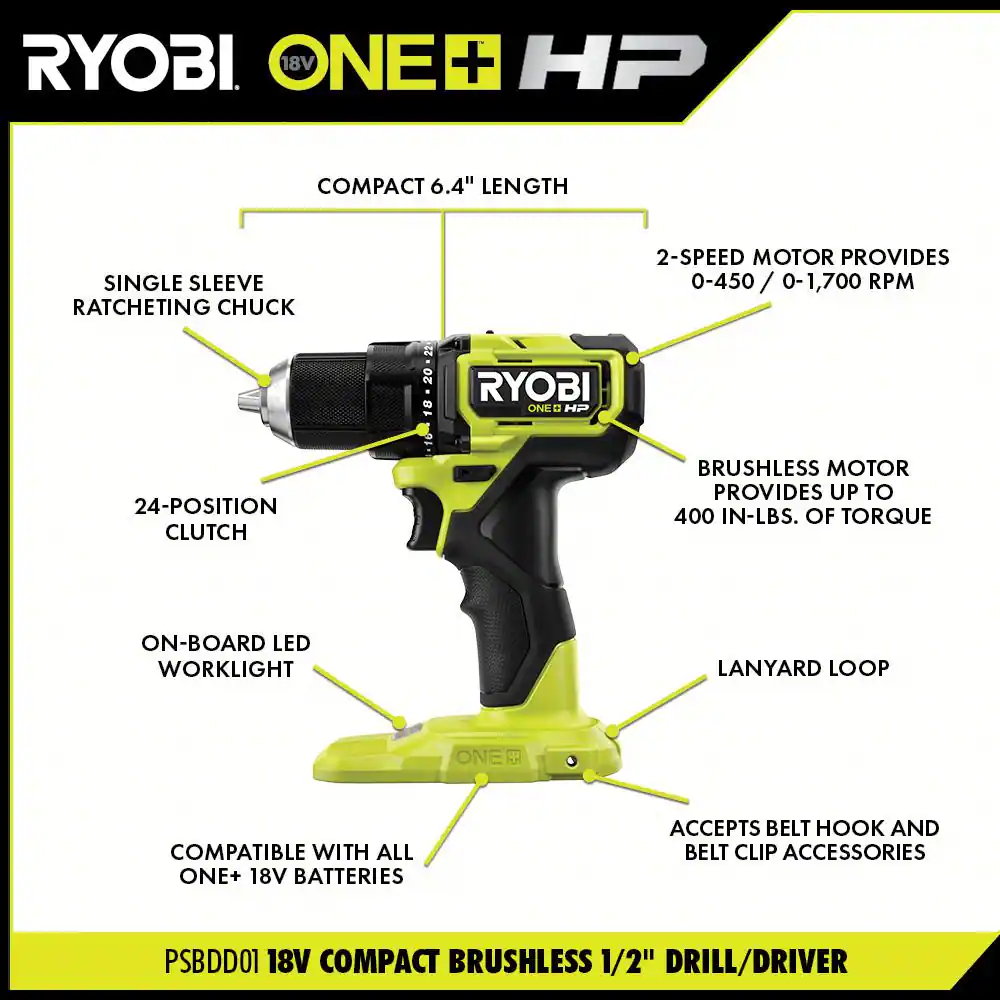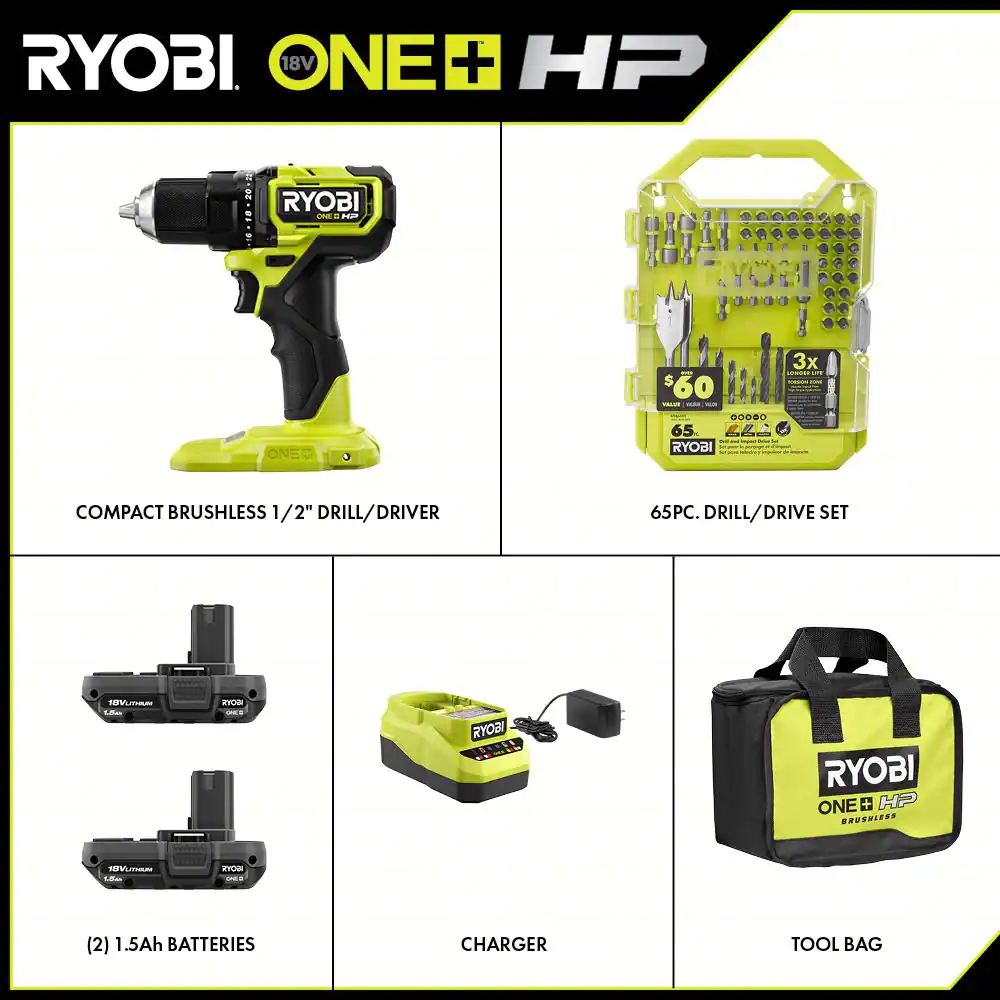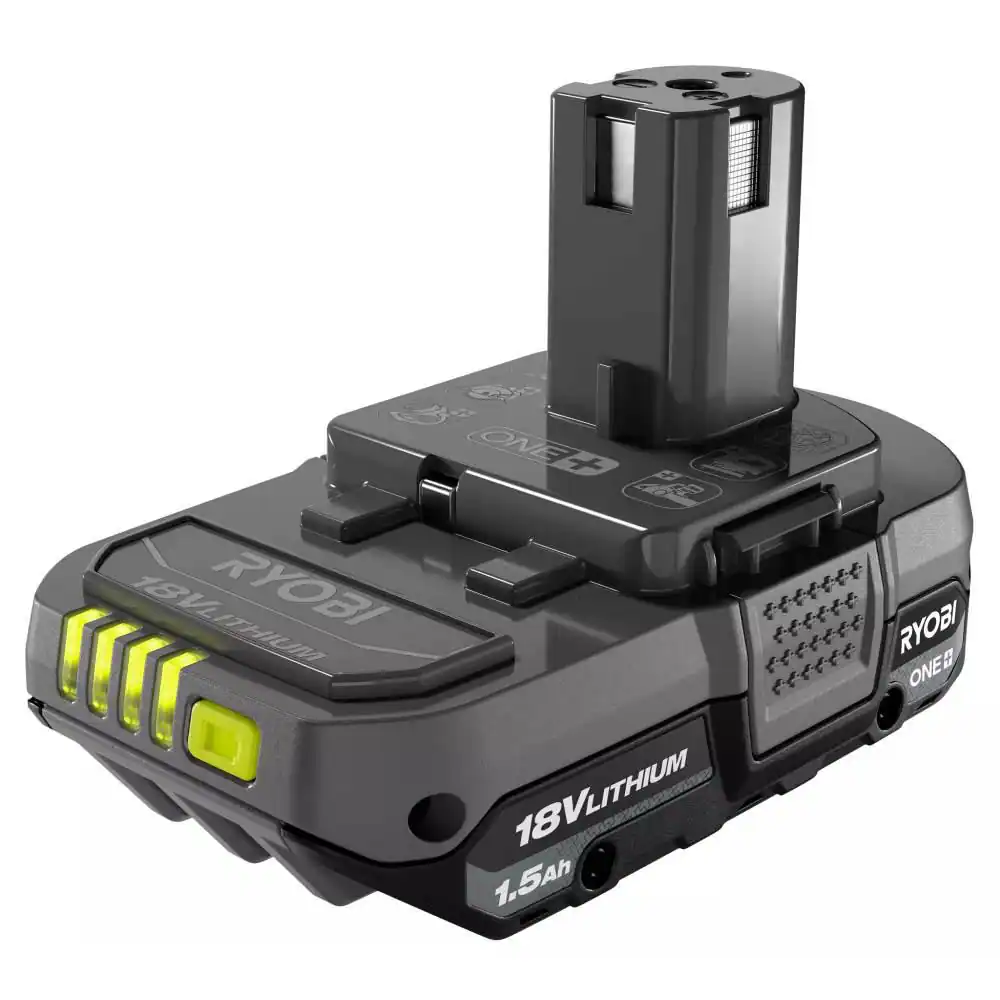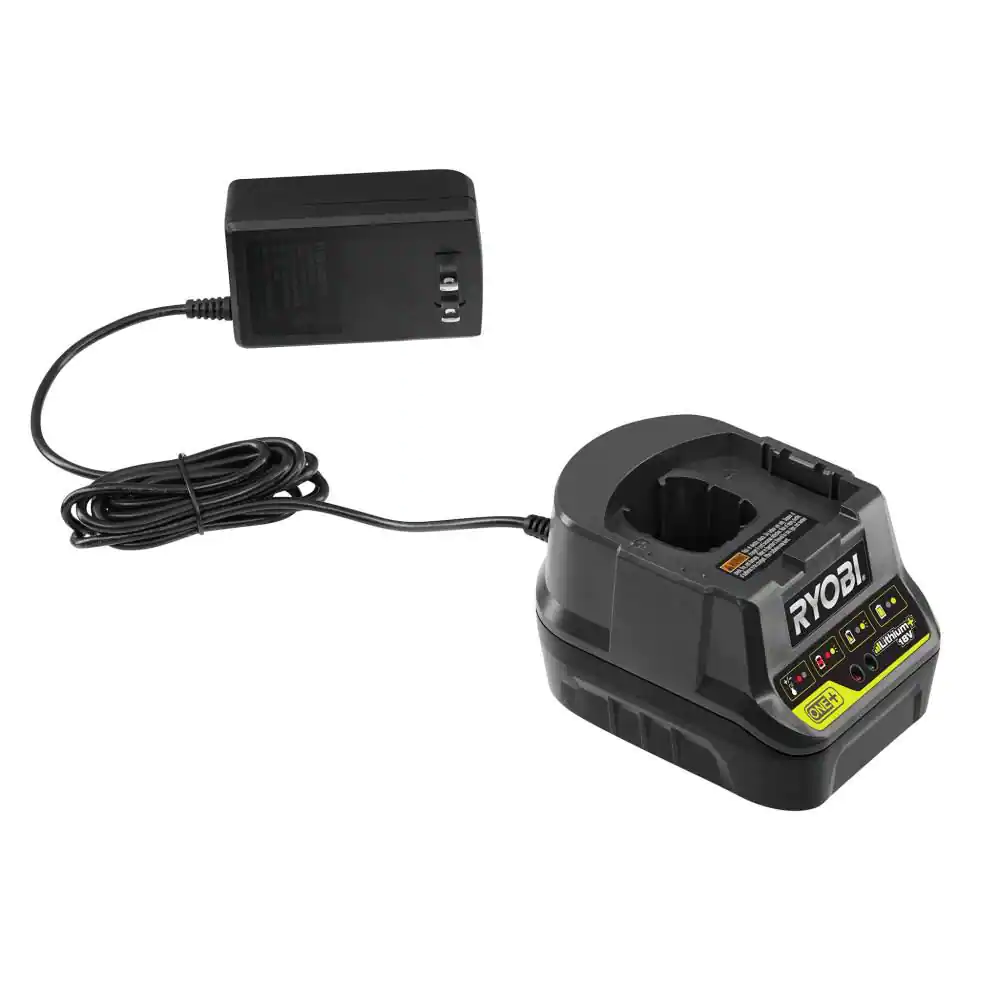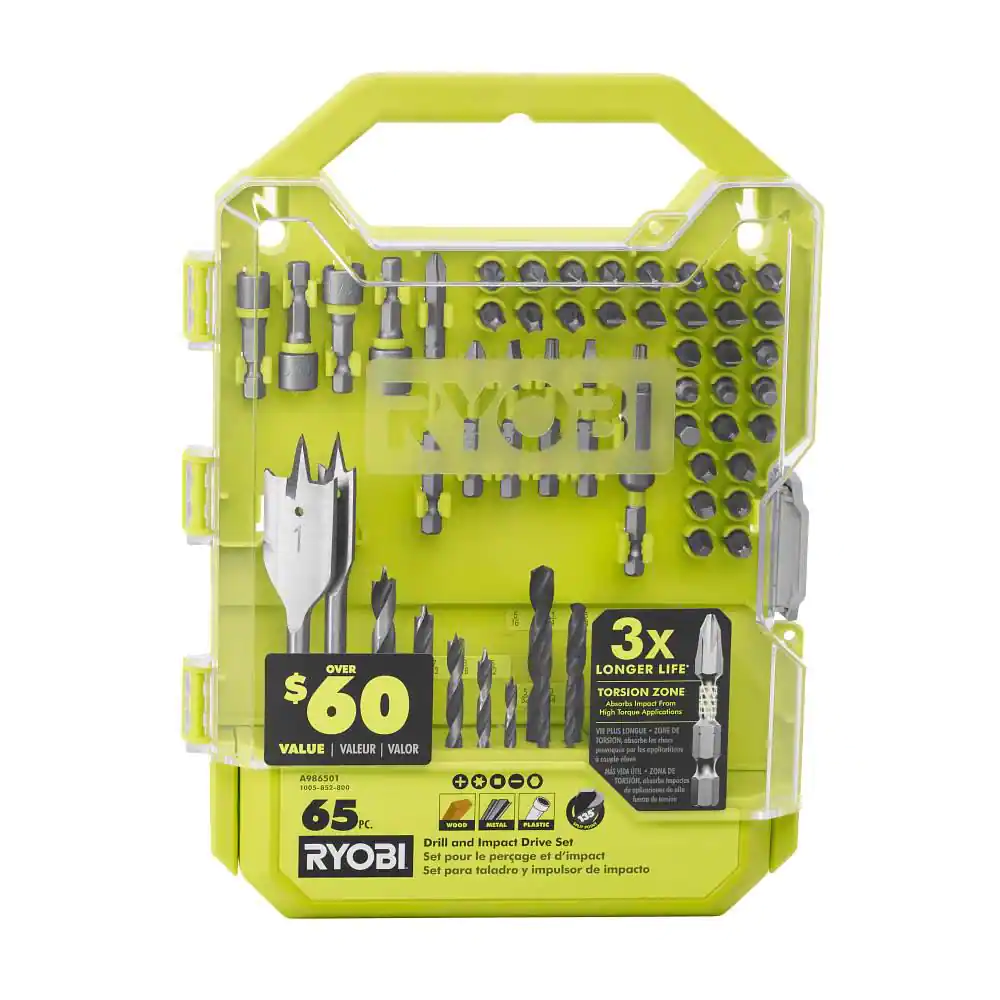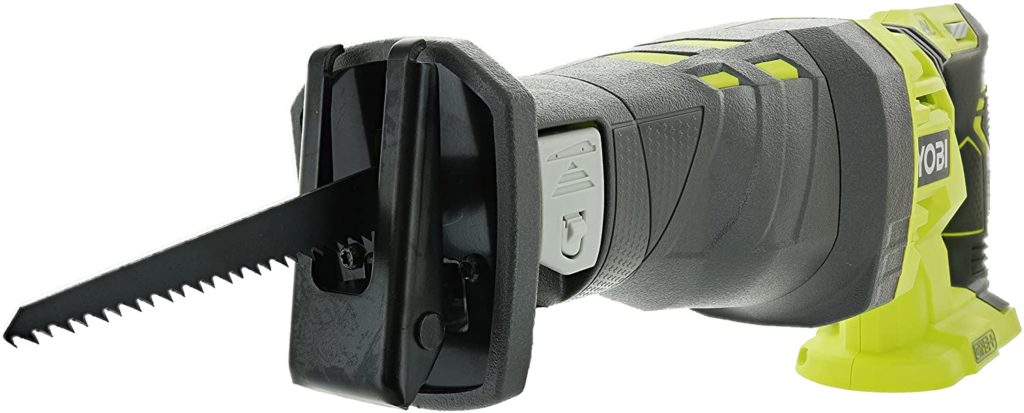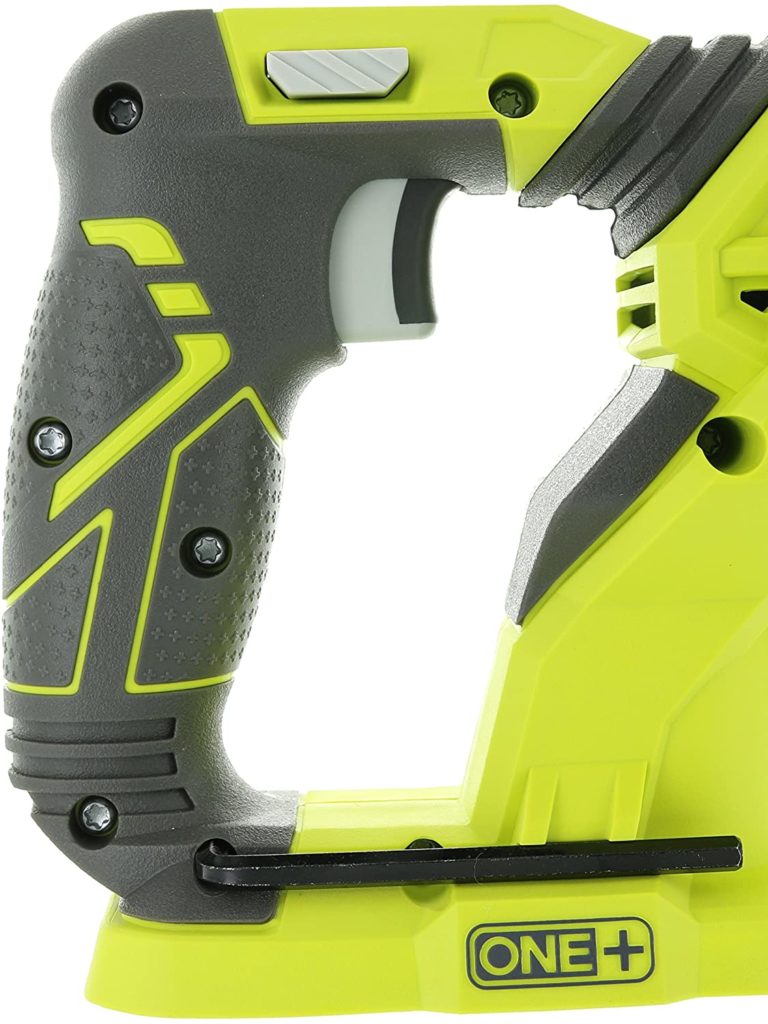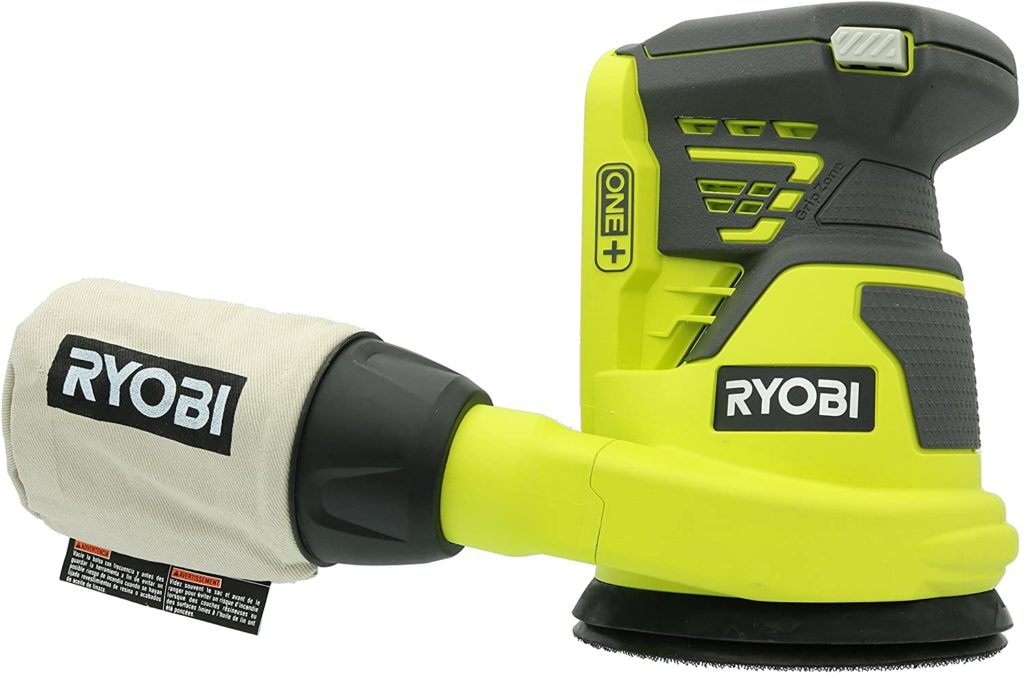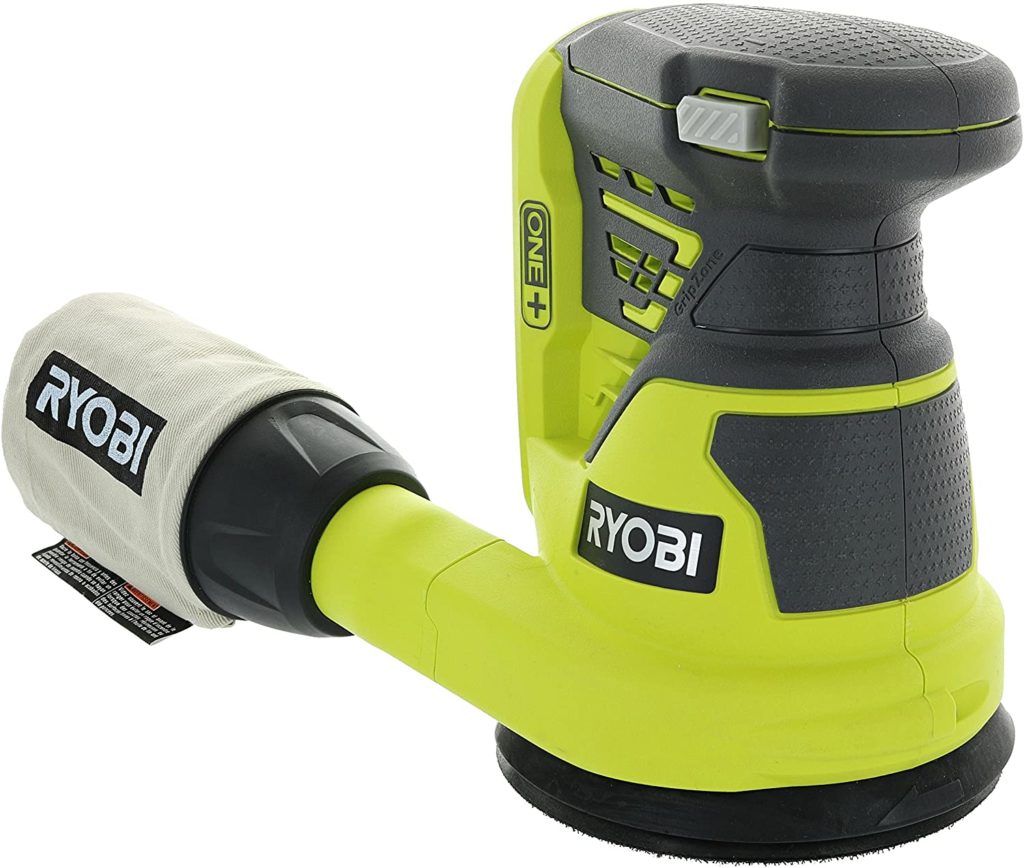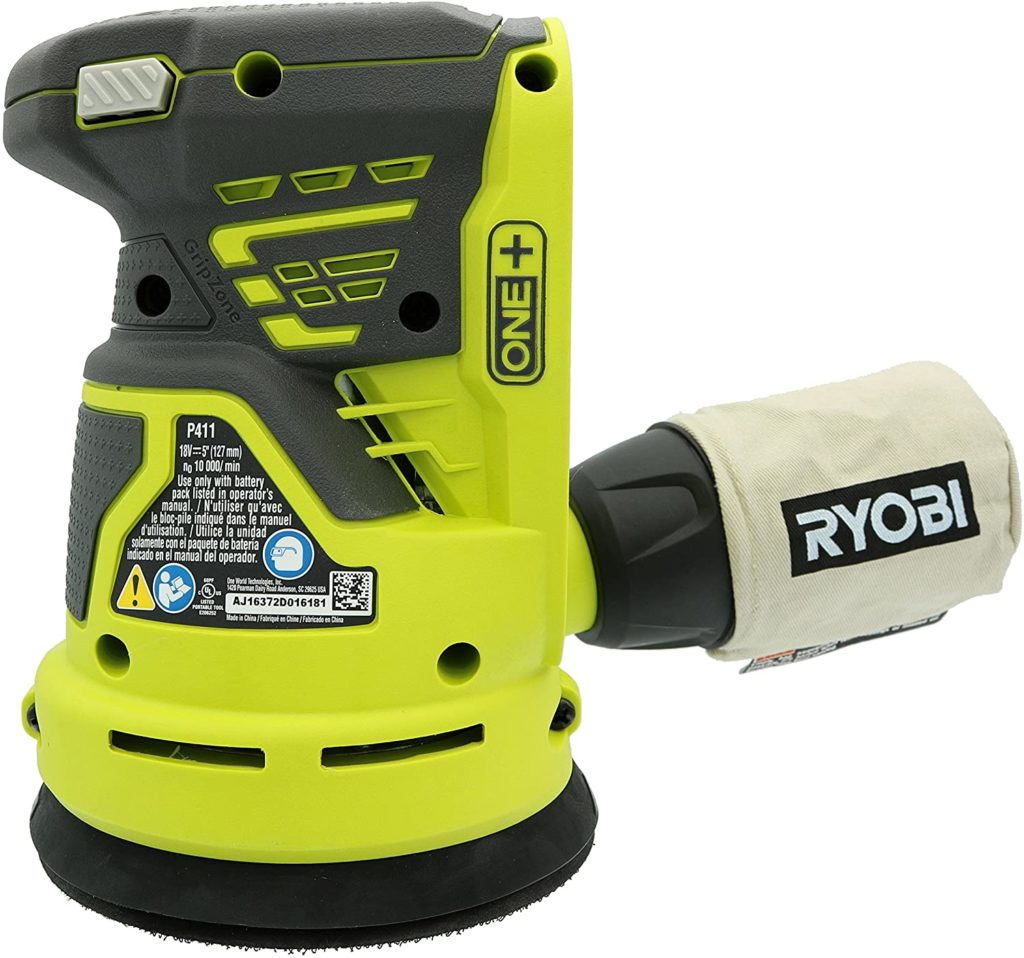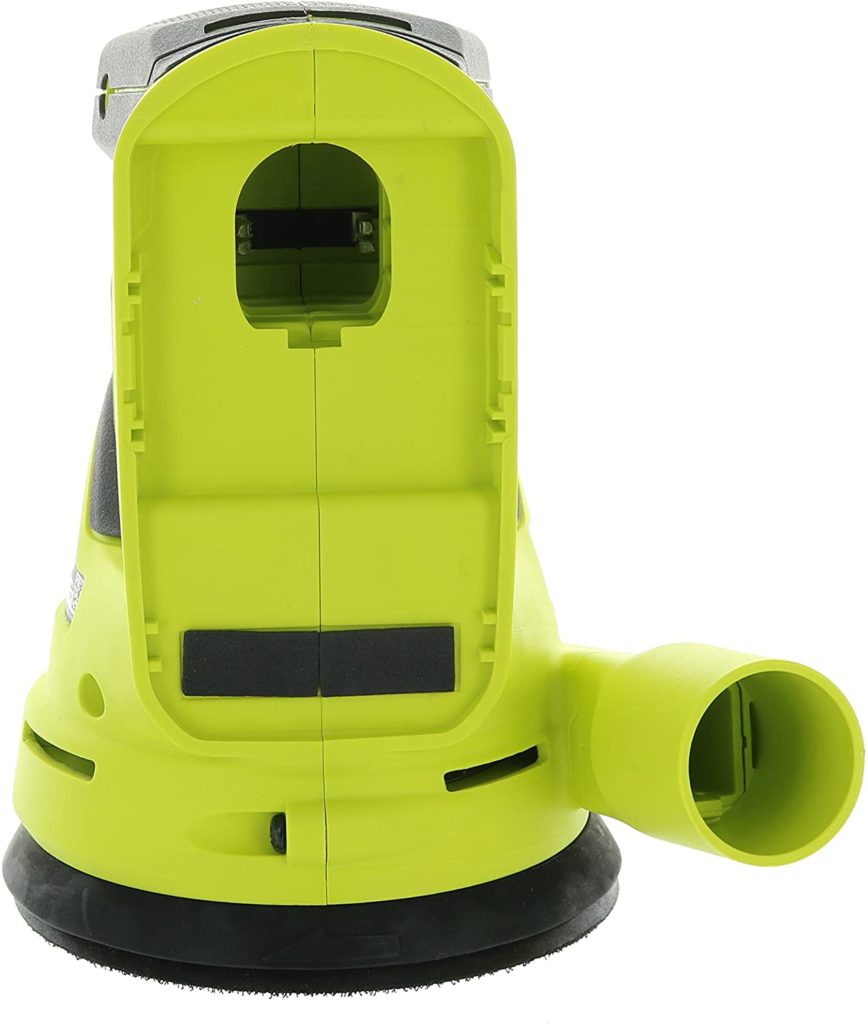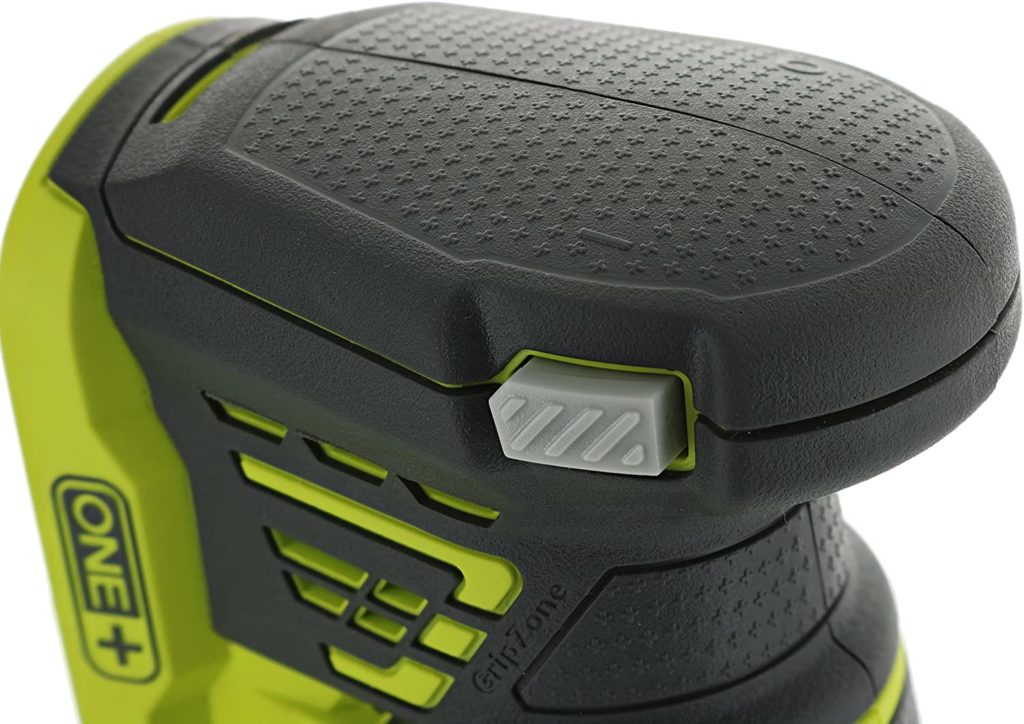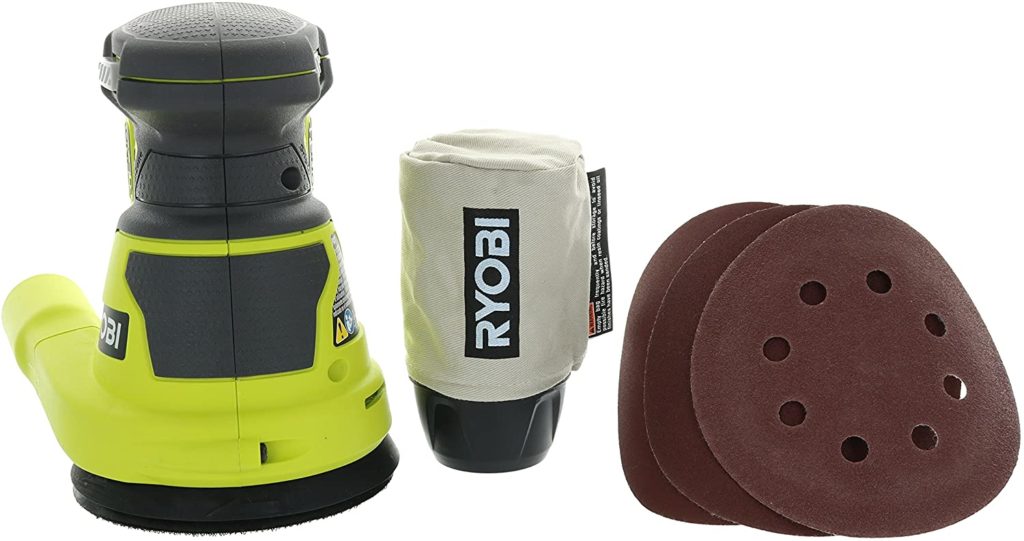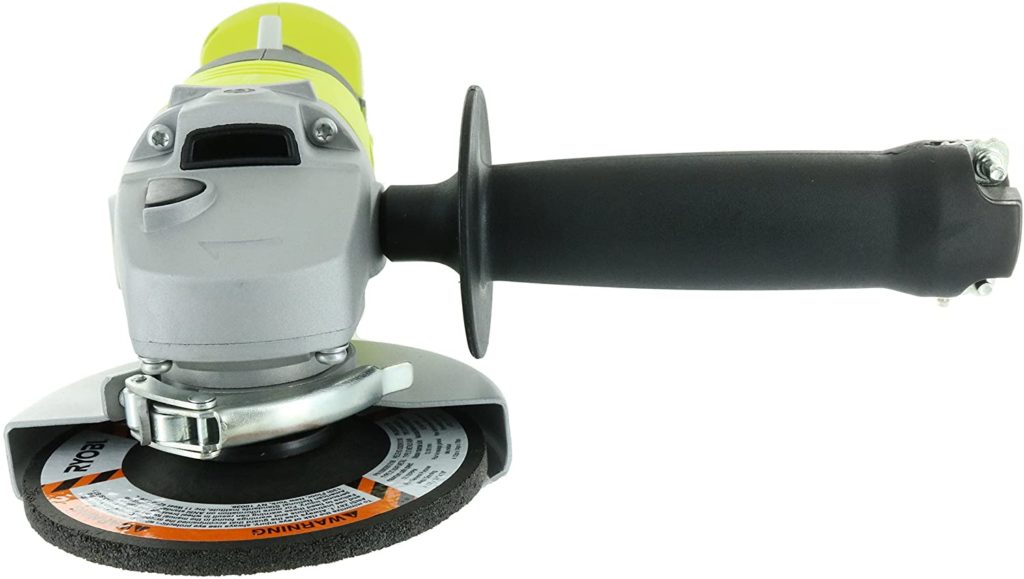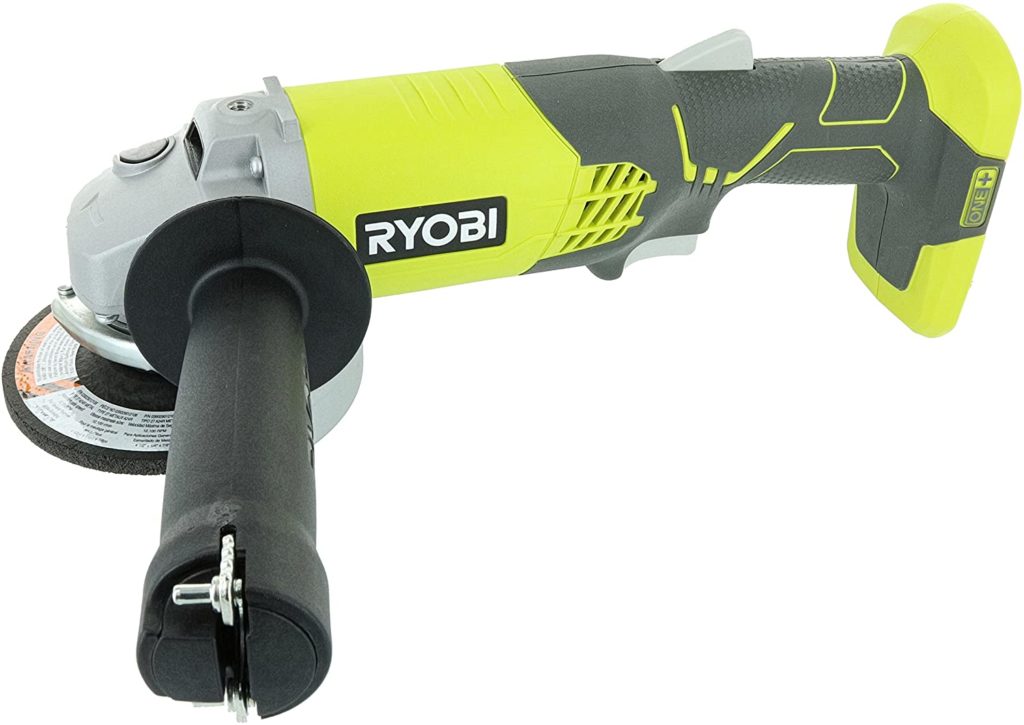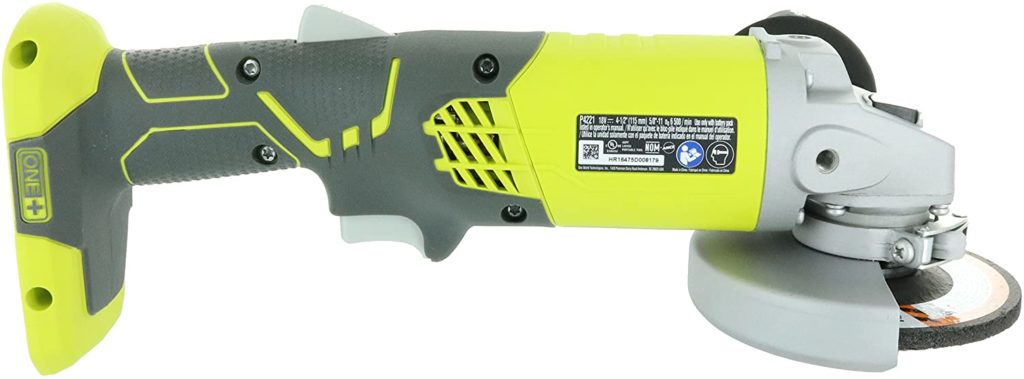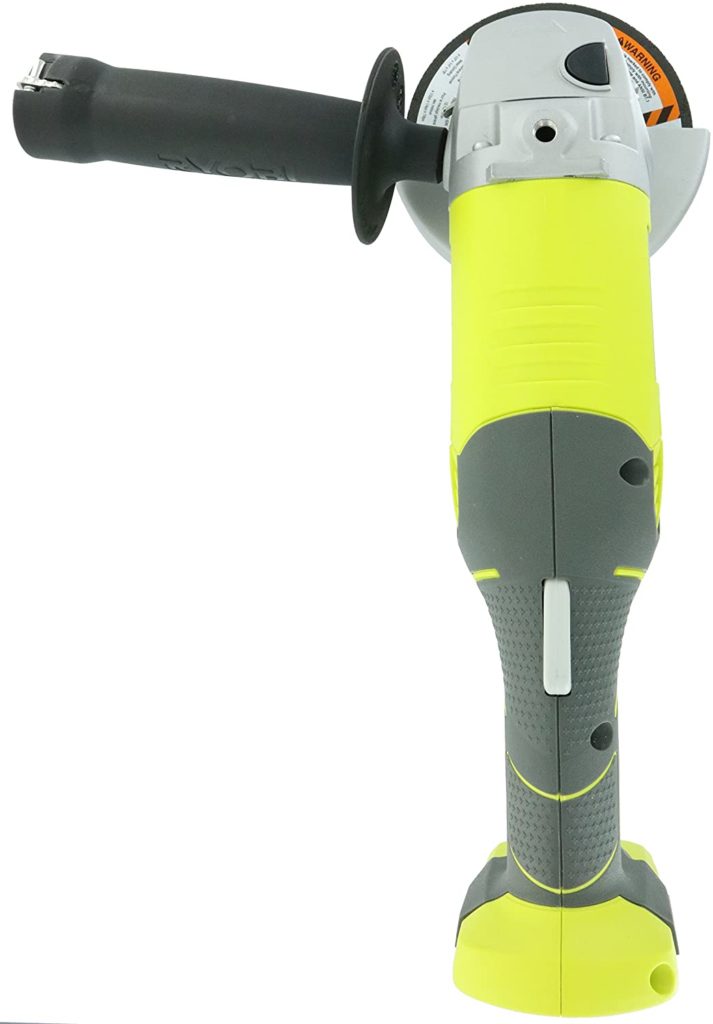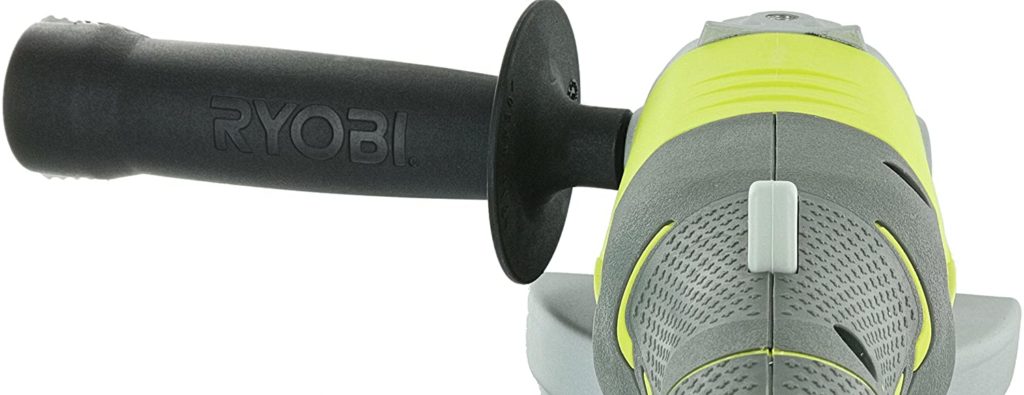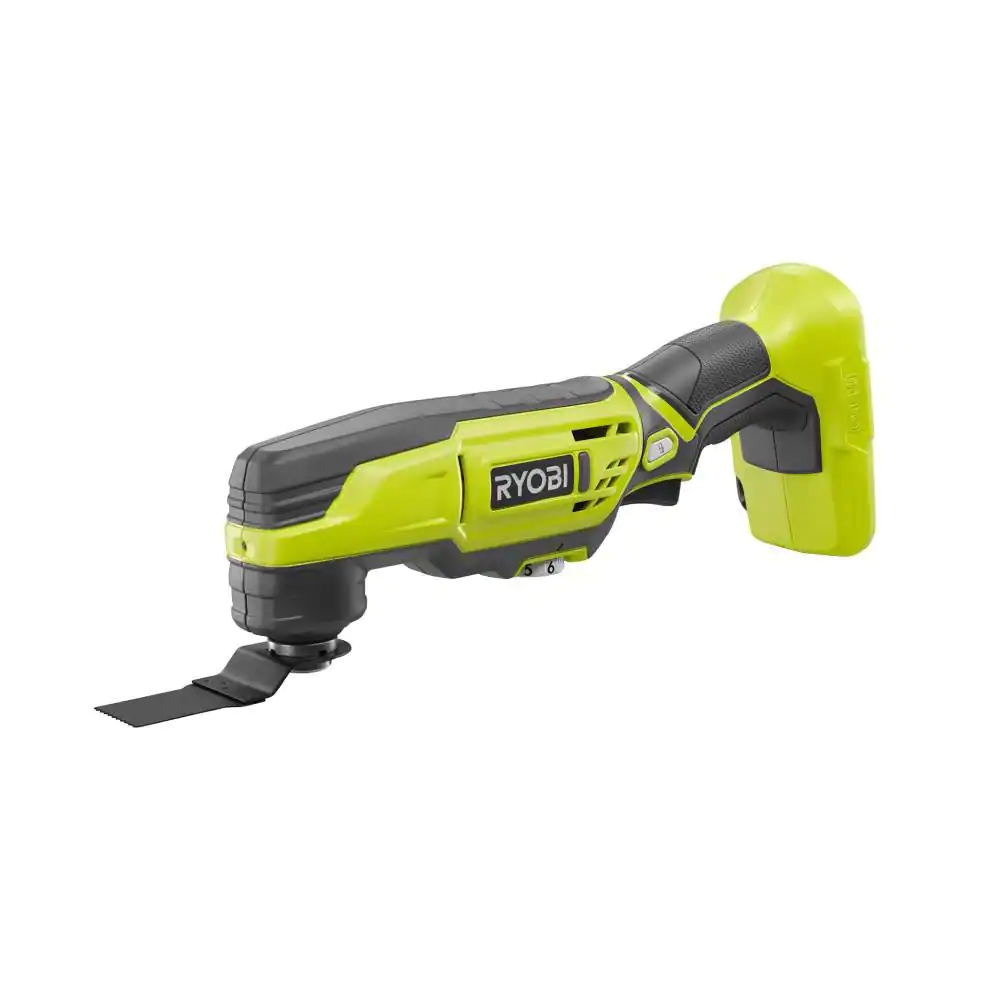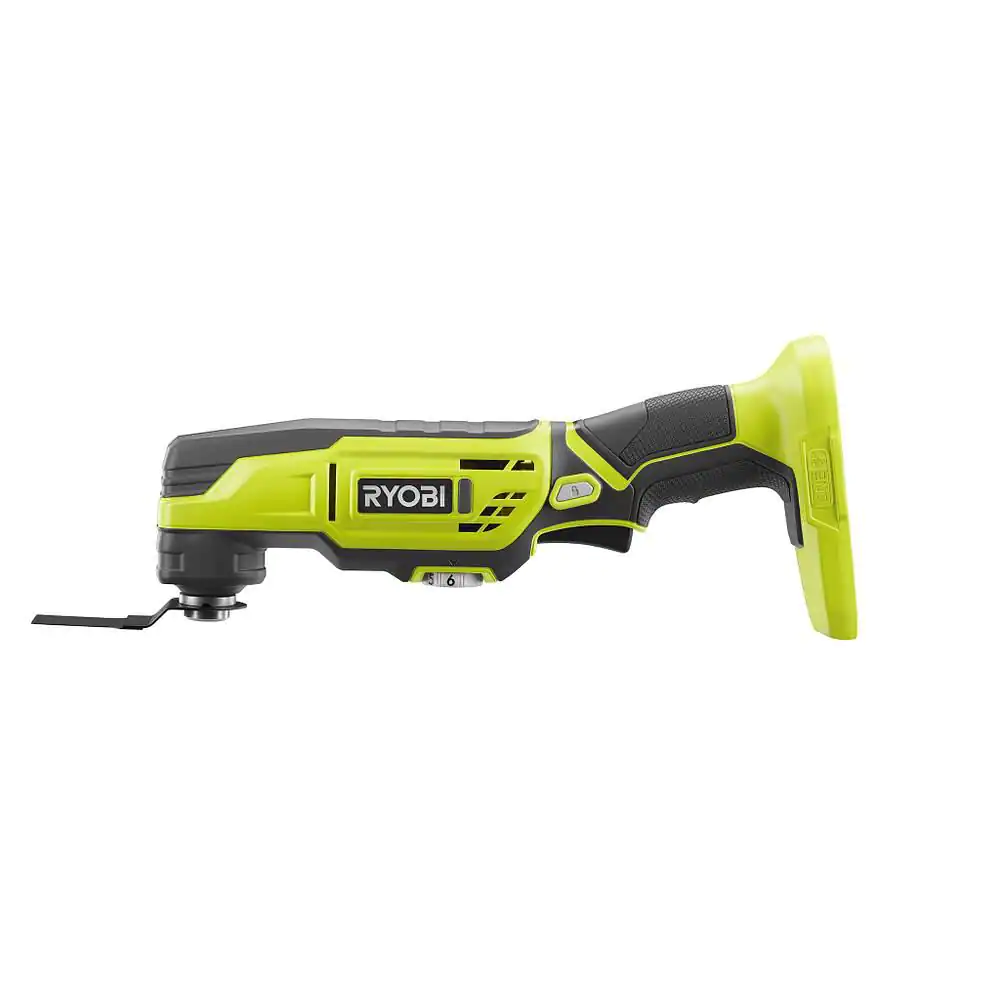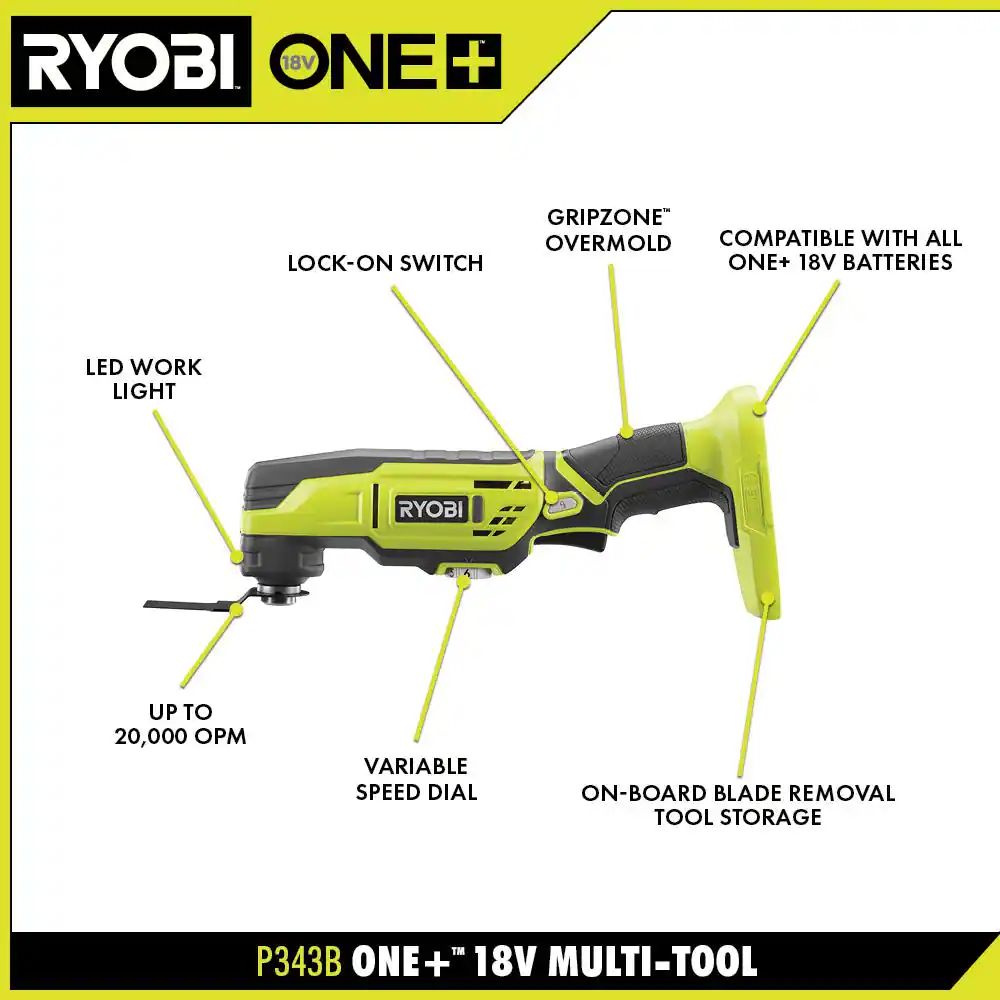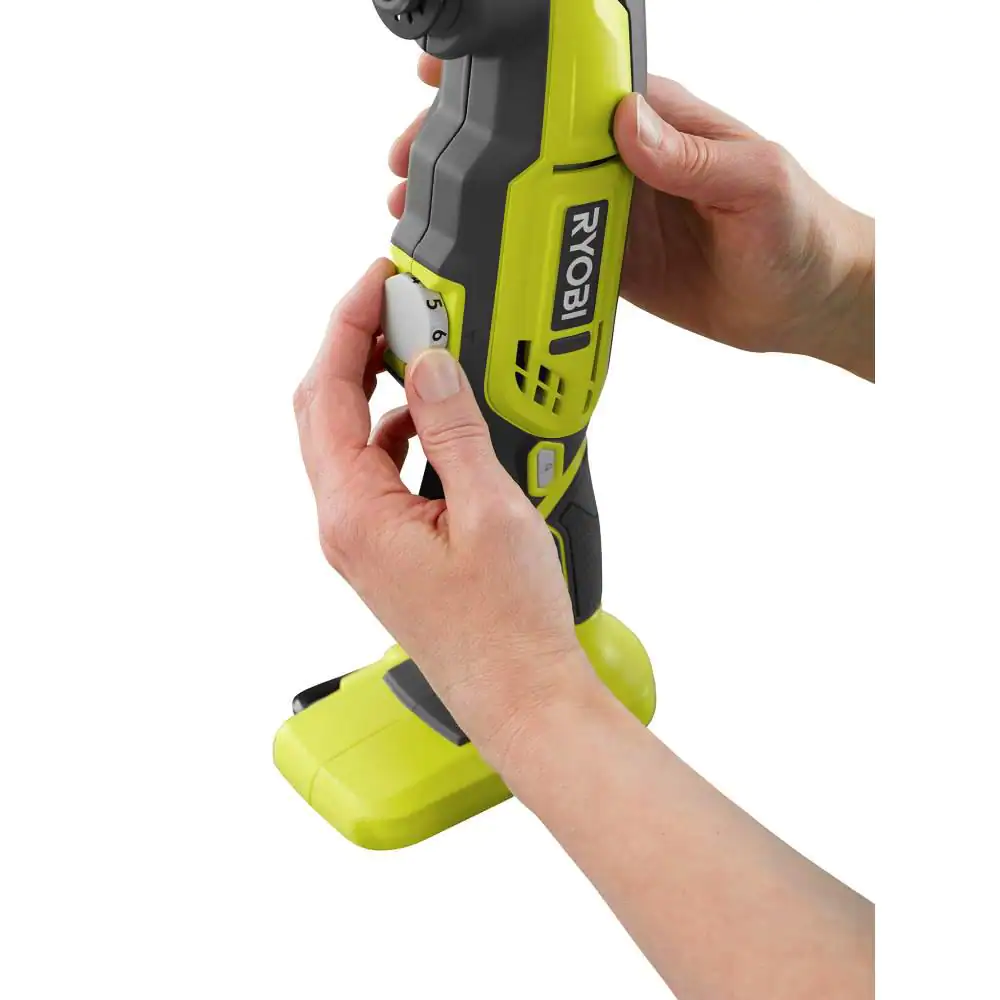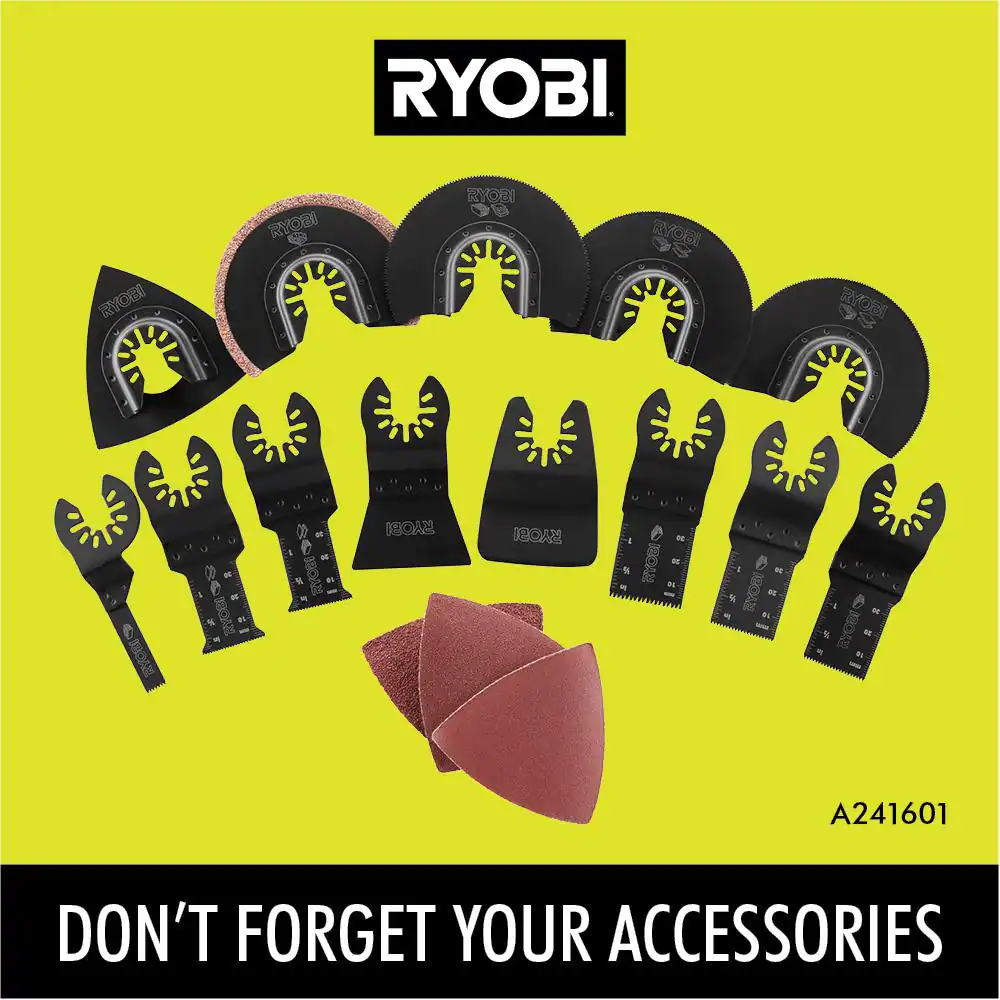With so many brands of power tools to choose from, it can be difficult to pick the right tools for your projects. If you don’t know what you’re looking for, it’s easy to end up spending more than you need to for more powerful tools than your projects require.
This is where a budget-friendly brand like Ryobi comes in. Ryobi power tools are durable and powerful enough for most DIY tasks while also being relatively easy on the wallet. The company offers a wide range of tool types, including drills, woodworking tools, specialty items, trimmers, drill brushes, metalworking tools, drivers, staplers, compressors, and inflators.
What Are the Advantages of Ryobi Power Tools?
DIYers tend to find the following benefits from Ryobi power tools:
Durability
Ryobi tools are affordable while still being durable enough to last. On average, they can hold up for more than 5 years, making them a popular pick for contractors, plumbers, and other workers.
Interchangeable Batteries
All Ryobi batteries are interchangeable with chargers of the same voltage. This means you can use a single battery for a wide range of tools.
For instance, all 225 of Ryobi’s 18V ONE+™ products can use the same 18V ONE+™ battery. This line of products includes nail guns, drills, saws, multi-tools, and chainsaws. Similarly, all of Ryobi’s 40V products use the same 40V lithium-ion battery.
Portability
Due to their relatively light weight, Ryobi tools work well for movement-heavy projects like home renovations. Many of them are also cordless, making them easy to take from project to project.
How Do Ryobi Power Tools Differ From Other Brands?
Budget-Friendly
Unlike higher-end, high-cost brands marketed toward professionals like Makita and Milwaukee, Ryobi power tools are known in the DIY and home renovation industries for being affordable.
Good for Light-Duty Applications
Ryobi power tools are optimized for movement and portability. That means hobbyists may find them a good choice for light or medium-duty tasks like hanging picture frames, crafting, and adjusting door frames. They’re also good for home improvement enthusiasts who just need tools for simple around-the-house tasks.
A Focus on Cordless Tools
While they do offer some corded options, Ryobi’s main focus is on cordless power tools. The corded options tend to be large power tools like table saws or more affordable versions of the cordless power tools they offer.
The 5 Best Ryobi Power Tools
Let’s take a look at the five best Ryobi power tools currently on the market.
Ryobi PSBDD01K 18V Li-ion Cordless 1/2″ Drill Driver
Ryobi PSBDD01K 18V Li-ion Cordless 1/2″ Drill Driver Description and Specifications
Lightweight yet heavy-duty, the brushless Ryobi PSBDD01K measures 6.4 in long, making it 20% lighter and 30% more compact than the brushed version. This makes the Ryobi PSBDD01K great for overhead applications, particularly for those that involve tight workspaces.
| Specification | Value |
|---|---|
| Battery Amp Hours / Amperage | 1.5 Ah |
| Battery/Charger | Battery and Charger Included |
| Tool Bag | Included |
| Motor Type | Brushless |
| Torque | 400 |
| Max RPM | 1700 |
| Weight (pounds) | 2.46 lbs. |
| Extra Features | Compact, Keyless Chuck, LED Light, Variable Speed |
| Certifications | UL Listed |
| Warranty | 3-years (tool) |
Why the Ryobi PSBDD01K 18V Li-ion Cordless 1/2″ Drill Driver Is Great
The Ryobi PSBDD01K drill driver combines versatility with durability. With a brushless motor that can deliver up to 400 in./lb. of torque, this tool can drive and drill through some tough materials. Highly portable, it can be used in a variety of situations, such as building furniture and planter boxes. It also comes with an LED work light so you can work at night and in dimly-lit areas.
The PSBDD01K also comes with a 1/2″ single-sleeve chuck designed for quick bit changes. The 24-position clutch allows for optimal control while driving and drilling and also includes two speeds (0 to 450 RPM and 0 to 1,700 RPM).
Pros
- Interchangeable battery
- LED work light
- Lightweight and compact
- Great for overhead applications and tight spaces
- Single-sleeve ratcheting chuck with a durable grip for quick bit changes
Cons
- Not the best for heavy-duty applications, such as those involving masonry or metal
- The trigger may respond irregularly, making it difficult to drive screws accurately
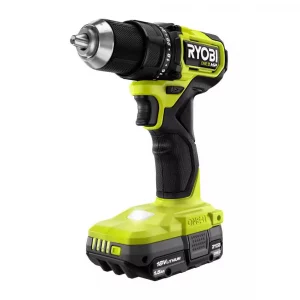
Ryobi PSBDD01K 18V Li-ion Cordless 1/2″ Drill Driver
Additional Resources
Ryobi P516 18V Li-ion Cordless 1/2″ Reciprocating Saw
Ryobi P516 18V Li-ion Cordless 1/2″ Reciprocating Saw Description and Specifications
The Ryobi P516 reciprocating saw has 40% more power than its predecessor, the P514. It also comes with a wide range of additional features such as an Anti-Vibe™ handle that can reduce fatigue during prolonged use and an adjustable shoe that offers depth-of-cut control.
| Specification | Value |
|---|---|
| Battery Amp Hours / Amperage | 2.0 Ah |
| Battery/Charger Cord Length | No Battery and Charger Included |
| Stroke Length | 1-1/8″ |
| Tool Bag | Not Included |
| Saw Drive Type | On/Off Trigger Lock |
| Motor Type | Brushed |
| Max RPM | 2900 |
| Weight | 5 lbs. |
| Accessories / Extra Features | Adjustable Shoe, Keyless Blade Change, No Tool Blade Change, Variable Speed |
| Certifications | UL Listed |
| Warranty | 3-years (tool) |
Why the Ryobi P516 18V Li-ion Cordless 1/2″ Reciprocating Saw Is Great
The air-powered Ryobi P516 is a good pick for home improvement enthusiasts who need a sturdy yet lightweight reciprocating saw for demolition work or remodeling.
Equipped with a variable-speed trigger for cut control and easy starts, this tool can get up to 2,900 strokes per minute, allowing you to quickly and effectively cut out materials around doors and windows. This tool’s 1 ⅛” stroke length also gives you more material removal per cut.
What’s more, the Ryobi P516 makes blade-changing simple. You just have to open the open-lock blade clamp and swap them out.
Pros
- Smooth and fast cutting
- 1 ⅛” stroke length
- Variable-speed trigger
- Open -lock blade clamp allows for easy and quick one-handed blade changes
- Anti-Vibe™ handle
Cons
- Heavy-duty work might strain the motor
- Not as powerful as corded models
Additional Resources:
Ryobi P411 18V Li-ion Cordless 5″ Random-Orbit Sander
Ryobi P411 18V Li-ion Cordless 5″ Random-Orbit Sander Description and Specifications
Sleek and powerful, the Ryobi P411 random-orbit Sander delivers a whopping 10,000 oscillations, per minute (OPM), giving your work a swirl-free and smooth finish. It also comes with a dust bag to collect shavings from your work so you won’t have to spend so much time on post-job cleaning.
| Specification | Value |
|---|---|
| Battery Amp Hours / Amperage | 2.0 Ah |
| Battery/Charger Cord Length | No Battery and Charger Included |
| Switch Type | Slide |
| Dust Collection Method | Bag |
| Tool Bag | Not Included |
| Motor Type | Brushed |
| Max Speed | 10,000 |
| Weight | 2.87 lbs. |
| Accessories / Features | Variable Speed |
| Certifications | UL Listed |
| Warranty | 3-years (tool) |
Why the Ryobi P411 18V Li-ion Cordless 5″ Random-Orbit Sander Is Great
Equipped with a lock-on switch for comfortable operation, the Ryobi P411 random-orbit Sander is built for ergonomic sanding. It also has a new and improved GRIPZONE™ overmold handle for maximum user grip that has multiple grip areas, making it comfortable for long-term use.
This model comes with sanding pads attached through a hook-and-loop connecting system for convenience.
Pros
- Works at 10,000 OPM
- Multiple grip areas
- GRIPZONE™ overmold handle for maximum user grip
- Lock-on switch
- Dust bag automatically collects shavings
Cons
- Battery life could be longer
- Burns out quickly during some heavy-duty applications
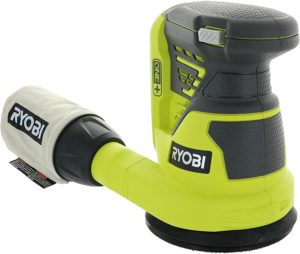
Ryobi P411 18V Li-ion Cordless 5″ Random-Orbit Sander
Additional Resources
Ryobi P421 18V Li-ion Cordless 4-1/2″ Angle Grinder
Ryobi P421 18V Li-ion Cordless 4-1/2″ Angle Grinder Description and Specifications
An angle grinder is an indispensable part of any DIYer’s home toolkit, and the Ryobi P421 fits the need well. With a side handle that works in three different positions and a triggered grip that rotates 90 degrees, you can use this tool almost anywhere.
| Specification | Value |
|---|---|
| Battery Amp Hours / Amperage | 2.0 Ah |
| Switch Type | Trigger |
| Arbor Size | 5/8 x 11 UNC |
| Tool Bag | Not included |
| Motor Type | Brushed |
| Max Speed | 6500 |
| Weight | 6.18 lbs. |
| Accessories / Features | Adjustable Handle Position, No Additional Features, No Tool Wheel Change, Spindle Lock |
| Certifications | UL Listed |
| Warranty | 3-years (tool) |
Why the Ryobi P421 18V Li-ion Cordless 4-1/2″ Angle Grinder Is Great
Ryobi’s P421 angle grinder delivers 6,500 RPM for precise and fast work. Its additional features include a grinding wheel and onboard wrench storage.
This angle grinder also offers an ergonomic, rubberized, notched grip, which will allow you to use it for long periods of time without getting tired.
Like every Ryobi 18V ONE+™ green or blue tool, the P421 works with any 18V ONE+™ battery. You can also upgrade to LITHIUM+™ or lithium-ion batteries for better performance and to reduce total weight.
Pros
- 6,500 RPM motor
- Grinding wheel
- Built-in wrench storage
- Rubberized ergonomic grip
- Convenient trigger switch
Cons
- Batteries could last longer
- Not powerful enough for heavy-duty applications
- No replacement switches available
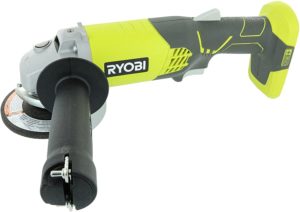
Ryobi P421 18V Li-ion Cordless 4-1/2″ Angle Grinder
Additional Resources
Ryobi P343B 18V Li-ion Cordless Multi-Tool
Ryobi P343B 18V Li-ion Cordless Multi-Tool Description and Specifications
The versatile Ryobi P343B cordless multi-tool works by moving blades or sanding pad attachments at lightning speed with minimal vibration. You can use it to make cuts into metal, plastic, drywall, composite, and many other materials.
| Specification | Value |
|---|---|
| Battery Amp Hours / Amperage | 2.0 Ah |
| Battery/Charger Cord Length | No Battery and Charger Included |
| Accessory Change System | Hex Screw |
| Oscillation Arc Range | 3 deg. |
| Tool Bag | Not Included |
| Motor Type | Brushed |
| Oscillations Per Minute | 20,000 |
| Weight | 2.5 lbs. |
| Certifications | UL Listed |
| Warranty | 3-years (tools) |
Why the Ryobi P343B 18V Li-ion Cordless Multi-TooI Is Great
A formidable all-in-one tool, the Ryobi P343B delivers up to 20,000 OPM, which allows you to cut through many different materials. Equipped with a hex-and-bolt blade change system, you can use this multi-tool on almost any DIY or light-duty project. Its variable speed dial allows you to adjust the speed for the material you’re cutting.
The Ryobi P343B comes with a lock-on trigger that reduces fatigue during extended use. It also has an ergonomic GRIPZONE™ overmold handle for optimal comfort.
Each Ryobi P343B comes with a wood cutting blade, sanding pad, blade wrench, segment saw blade, and sandpaper.
Pros
- Can be used for a variety of jobs
- 20,000 OPM motor
- Lock-on trigger that reduces fatigue
- GRIPZONE™ overmold handle for comfort
- Comes with wood cutting blade, sandpaper, sanding pad, blade wrench, and segment saw blade
Cons
- Motor sometimes fails faster than expected
- Not good for heavy-duty applications
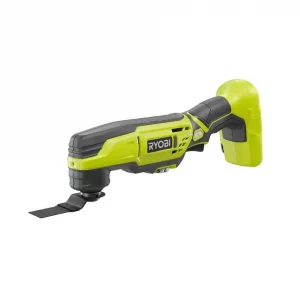
Ryobi P343B 18V Li-ion Cordless Multi-Tool
Additional Resources
How To Choose the Best Ryobi Power Tool for You
With so many to choose from, picking the right Ryobi power tool for your job can be daunting. To help you make your decision, ask yourself the following questions:
What Do I Want To Use the Power Tool For?
Firstly, you need to ask yourself what you’re planning on doing with your power tool. What kind of project are you working on? Is it heavy or light-duty work?
Heavy-duty applications are tasks that involve resistant materials such as metal, drywall, and large pieces of lumber. They typically require corded power tools such as miter saws and table saws. Examples of heavy-duty applications include:
- Extensive home remodeling
- Large-scale woodworking
- Masonry
- Metalworking
- Building a shed
On the other hand, light-duty applications are much smaller in scale and involve easy-to-cut materials like small pieces of wood. Typical examples of light-duty applications include:
- Assembling furniture
- Crafting
- Framing
- Light sanding
What Actions Will I Be Performing With the Tool?
Once you’ve determined whether your project will be intense or less involved, ask yourself what actions you’ll be performing.
Will you be sanding, cutting, drilling, or sawing material? If you’re going to be cutting, what kinds of materials will you need to cut through? If you need to perform several actions, you may need to get several power tools. For example, if you’re building a shed, you might need to get:
- A miter saw for cutting the wood
- A drill or driver for driving the screws
- An electric sander for giving your project a smooth finish
If you don’t have the budget for multiple tools, and you’re working on a lighter-duty project, consider getting a multi-tool. Also known as an oscillating tool or a multicutter, a multi-tool is portable and compact and can be used with a variety of interchangeable blades.
A multi-tool can be used to cut, sand, polish, and grind materials such as metal, cement, plastic, fiberglass, and drywall. Due to its shape, it can also work in places other power tools can’t go, such as awkward corners, narrow spaces, and tight angles.
Here are a few tasks that you can do with just a multi-tool:
- Trim door casings before installing a new door
- Cut plumbing pipes
- Salvage wood moldings without damaging them
- Cut drywall openings in ceilings and walls
- Remove old caulking
- Sand wood
Which Features of Power Tools Are the Most Important to Me?
After you’ve pinpointed the types of tools you need for your project, the next step is to determine which aspects of your chosen power tools are the most important to your project. Specifically, you should consider the following features:
Application Performance or Speed
Look at how many speeds your tool offers. Does it have the speeds you’re looking for?
Many higher-quality tools, like the Ryobi PSBDD01K 18V Li-ion cordless 1/2″ drill driver, offer two speeds. You can switch between these speeds using a trigger or slide switch. The high speed is better for drilling holes, while the lower speed is better for driving screws.
For refined repair and carpentry tasks, pick a tool that has a trigger with variable speed control, like the Ryobi P516 18V Li-ion cordless 1/2″ reciprocating saw. This trigger allows you to vary the speed from 0 to the top of each speed range as needed.
Torque
Torque refers to the force a tool produces to turn an object. Measured in inch-pounds (in./lbs.), torque speaks volumes about whether your tool can handle heavy-duty tasks. It’s particularly important when buying drills and drivers — the higher the torque, the less effort a tool has to exert to drive screws.
You should also check to see if your chosen drill or driver has variable torque settings. If it does, you’ll be able to use your drill or driver to complete a wider range of jobs. For instance, you’ll be able to turn down the torque when driving screws into softer materials like wood.
Size and Weight
Make sure your tool isn’t too large and heavy for certain tasks, such as overhead applications and working in tight corners.
If it is, consider getting a more lightweight version of the same tool. Brushless power tools tend to be lighter and smaller than their brushed counterparts. This is because brushless power tools use brushless motors, which are smaller and more lightweight.
Comfort
Does your power tool offer an ergonomic molding or grip? If you’re going to be using your tool for extended periods of time, particularly overhead or in an awkward position, you should pick a power tool that maximizes comfort. This will make finishing tasks less tiring.
Mobility
Mobility is another important consideration in choosing a power tool. Cordless power tools offer greater mobility, which is important when you’re working in an area with limited electrical outlets. However, cordless power tools also need periodic recharging. You may want to bring spare batteries if you need to work for extended hours.
Corded power tools are less mobile because they need to be plugged in at all times. However, they deliver more power and tend to be a little lighter overall since they don’t have batteries attached. For that reason, they tend to be the preferred type of power tool for professionals. You can always purchase an extension cord to improve mobility. Follow your tool’s operating manual to select a proper cord.
Batteries
If you’re getting a cordless tool, you should keep in mind what kind of batteries your tool uses.
Most cordless power tools use nickel-cadmium (NiCad or Ni-Cd) or lithium-ion (Li-ion) batteries. Ni-Cd batteries are heavier and larger than Li-ion batteries, which are small, lightweight, require less maintenance, and have almost no self-discharge. This means you can store lithium-ion batteries for months without them losing their charge.
Most Li-ion batteries are two to three times more expensive than Ni-Cd ones. But Ryobi sells interchangeable batteries for its 18V and 40V products that feature Li-ion performance at Ni-Cd prices. Compared to a Ni-Cd battery, the Ryobi ONE+™ 18V battery:
- Is 45% lighter
- Holds a charge four times longer
- Offers four times more recharges
- Provides a 20% longer runtime
Budget
Finally, you need to ask yourself what your budget is for power tools. If you want it all, you have to be prepared to pay more. Most tools that have high performance, speed, and torque as well as a smaller size and less weight carry heftier price tags.
FAQs
The Ryobi ONE+™ 18V battery is an interchangeable multi-use battery that works for every Ryobi 18V ONE+™ tool. There are 225 different power tools in the 18V ONE+™ line that can perform a large variety of tasks.
Ryobi offers a wide range of power tools, including:
– Random-orbit sanders
– Vacuums
– Jigsaws
– Brad nailers
– Trimmers
– Power inflators
– Circular saws
– Screwdrivers
– Miter saws
– Multi-tools
Although Ryobi is best known for its cordless tools, the company also offers corded tools for heavier-duty applications. Some of its most popular corded tools include:
– Compound miter saws
– Sliding compound miter saws
– Table saws
– Band saws
– Variable-speed orbital jigsaws
– Variable-speed compact drills/drivers
– Variable-speed hammer drills
